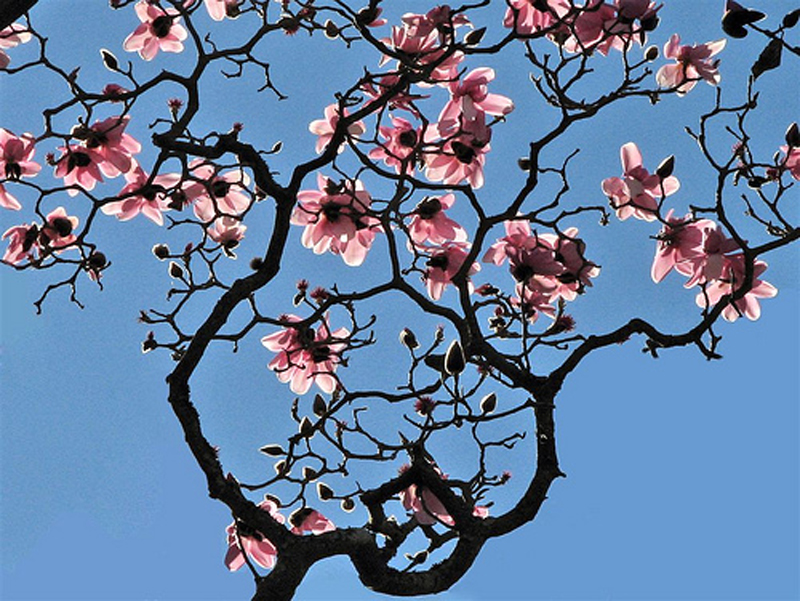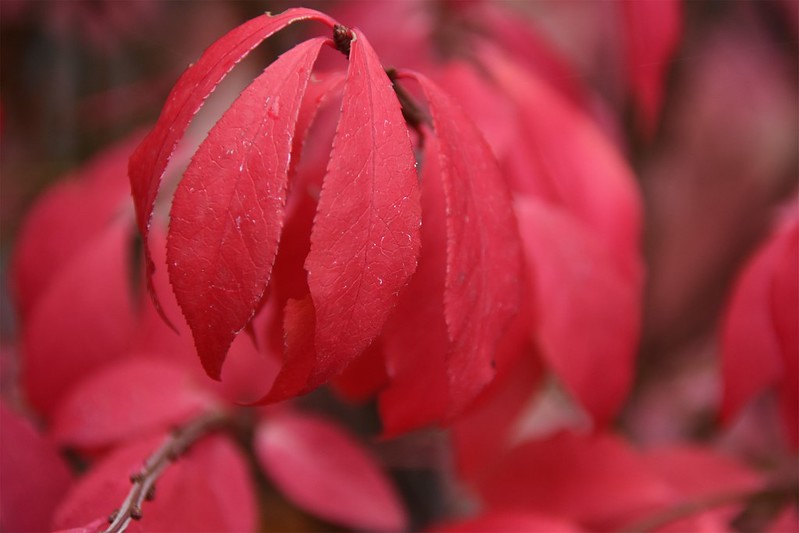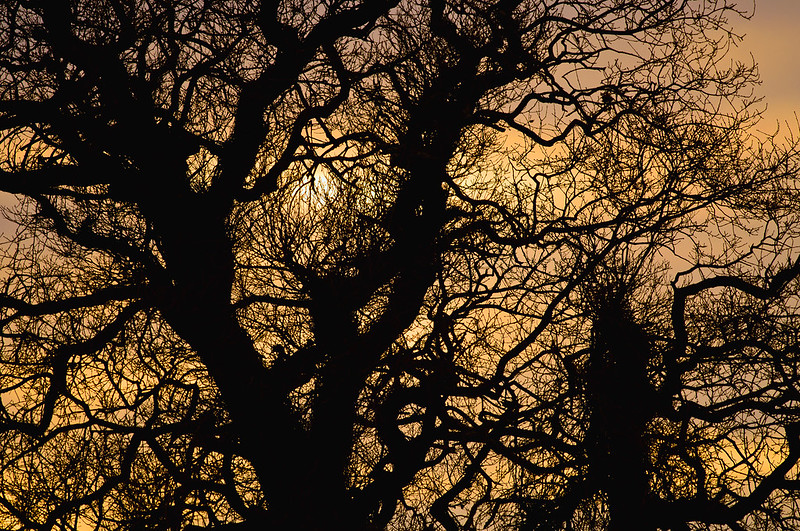Revised Common Lectionary Reflection, Sixth Sunday of Easter, Year B

May 9, 2021
Lessons: Acts 10:44-48; Psalm 98; 1 John 5:1-6; John 15:9-17
Theme: God’s faithful and generous people understand that all of creation praises God and responds to divine love and care.
Key Scripture: Make a joyful noise to the LORD, all the earth; break forth into joyous song and sing praises. – Psalm 98:4
Did you celebrate Creation Sunday this year? I suspect some of you, maybe many of you, did on some spring Sunday—perhaps around Earth Day. Some folks still call the celebration Rogation Sunday, hearkening back to an earlier time and agricultural roots. Dear friends and colleagues, please don’t let it stop with these celebrations! We must remember that all the earth belongs to God—every atom, molecule, droplet of water, and handful of soil—and as such all are sacred. This truth is not always held as valid or important in our theological writings and understandings. One will hear terms like dominion interpreted as if we had full rights to do what we please with God’s good creation.
Celtic theology takes a somewhat different approach to understanding what constitutes the sacred. One of my favorite modern Celtic mystics and theologians, John Philip Newell, has this to say in his forthcoming book, Sacred Earth Sacred Soul:
In Celtic wisdom we remember the earth as sacred. Every tree and bush, every flower and creature, every hill and mountain is on fire with the divine. The life within all life is holy. What we do to the body of the earth is what we do to God.
Of course, Newell is not the only person to champion the concept of the sacredness of all creation. Poets and prophets like Elizabeth Barrett Browning, Mary Oliver, Wendell Berry, Dr. Wangari Maathai, Rachel Carson, Dr. John Francis, Bill McKibben all champion the cause of God’s good creation. They call us to pay attention to how we either care for and steward our planet, or denigrate and destroy it.

You may remember from a high school or college literature class Elizabeth Barrett Browning’s poem “Aurora Leigh” and these lines:
Earth’s crammed with heaven, And every common bush aflame with God; But only those who see take off their shoes; The rest sit round and pluck blackberries.
Even William Shakespeare understood the powerful communication between all of creation and its creator.
And this our life, exempt from public
haunt,
Finds tongues in trees, books in the running brooks,
Sermons in stones, and good in everything.
–As You
Like It (II.i.14–17)
Yes, Psalm 98 calls us to pay attention to and praise God, “us” being all that lives, all that is created. Soil, for example, is not a dead substance. Hold a handful of soil in your hand and sense how it teems with life and energy. Likewise, ecologist Suzanne Simard discovered some twenty years ago that trees communicate with one another and will even attempt to communicate with humans. All of the created order is connected and somehow praises the Creator of the Cosmos.

What does this mean for us as 21st century Christians? First of all, simply being aware of the connections, the power, and the beauty of creation matters. Secondly, how we interact with the natural world matters. Do we, for example, attempt to harness nature, or do we coexist and appreciate God’s good creation? Finally, what will we do about living in this vast interconnected cosmos, where every atom and molecule rises up in its own way to praise the God who created and sustains it? Your preaching and teaching on this subject matter greatly. Blessings and joy as all the earth breaks forth into song and praise! Let us sing a new song!
In Worship
Consider how you might help people see and comprehend the connections between the natural world and our theological understandings and teachings. Is it possible to have worship outside? You may have done that frequently last year, thanks to COVID-19, so it may not seem so strange to folks. Consider how song and hymnody complement Psalm 93. Chances are you’re not back to congregational singing, but perhaps a praise team or ensemble could sing one or more of these hymns (Note: All are from Evangelical Lutheran Worship unless otherwise noted): “All creatures, worship God most high” (#835), “For the beauty of the earth” (#879), “Let all things now living” (#881), “Many and great, O God” (#837), or “Oh, sing to the Lord” (#822).
With Youth
If possible, take your youth on a short hike today. Many youth in our culture suffer from what journalist and author Richard Louv calls “nature deficit disorder.” Check out his book, Last Child in the Woods, here. You’ll find lots of helpful resources to connect children and youth to the natural world.
With Children
This week’s focus verse is John 15:9 – As the Father has loved me, so I have loved you; abide in my love.
What does it mean to abide in Jesus’ love? Abide means to remain in, to hold to, to continue. It also is similar to obey, observe, and keep. In fact, Jesus says in verse 10, “If you keep my commandments, you will abide in my love.” To abide in Jesus’ love then is to have full focus on what Jesus is teaching, commanding, and loving. Jesus is our example and our hope. We are to love one another, and in doing so Jesus says we will have complete joy.
But love is tough right? Sometimes it’s hard to love other people, and sometimes it’s even hard to love Jesus when we want to rebel against one of his commandments. So what do we do? We keep on. We keep trying. We try again every single day until one day we find that our abiding seems as natural as drawing breath. Jesus has chosen us, so we can trust him to help us abide in love.
Let’s pray:
Dear Lord (Dear Lord),
Thank you for loving us (Thank you for loving us). Thank you for teaching us how to love (Thank you for teaching us how to love) and for teaching us to abide in you (and for teaching us to abide in you). We want to learn to love like you (We want to learn to love like you) so that we may abide in your love (so that we may abide in your love). And let all God’s children say…AMEN!
Weekly
Stewardship Bulletin Insert
Care of and appreciation for all of creation is an act of
stewardship. Thank you for the many ways you care for our church property, the
world around us, and one another. To God be the glory!
Stewardship at Home
This week consider how you might spend some time every day in nature. Maybe it’s a walk in a local park during your lunch hour. Perhaps you take your children or grandchildren on a picnic and hike. How about kayaking a local stream. Pay attention to creation all around you. What do you notice that you haven’t noticed before? What astonishes you? What puzzles you?
You might also want to read The Secret Life of Trees by Peter Wohlleben. You can also watch one of two documentaries embedded below..
2018 Reflection: https://www.stewardshipoflife.org/2018/05/laying-it-all-down/
2015 Reflection: https://www.stewardshipoflife.org/2015/05/chosen-not-frozen-2/
Note: Reprint rights granted to congregations and other church organizations for local, nonprofit use. Just include this note: “Copyright (c) 2021, Rev. Sharron Blezard. Used by Permission.” Other uses, please inquire: thewritelife@hotmail.com.



Leave a Reply